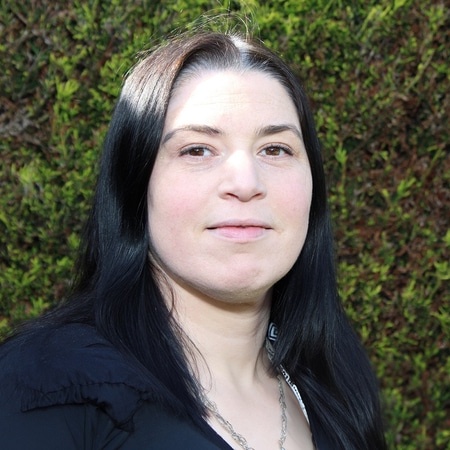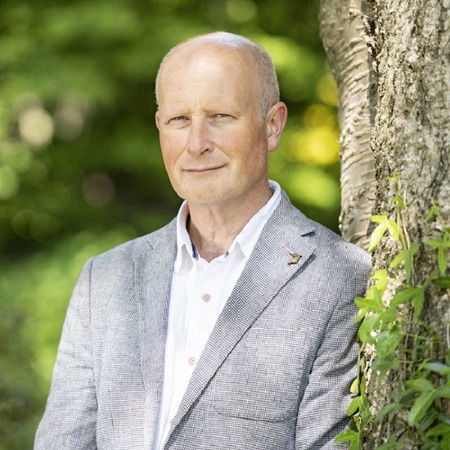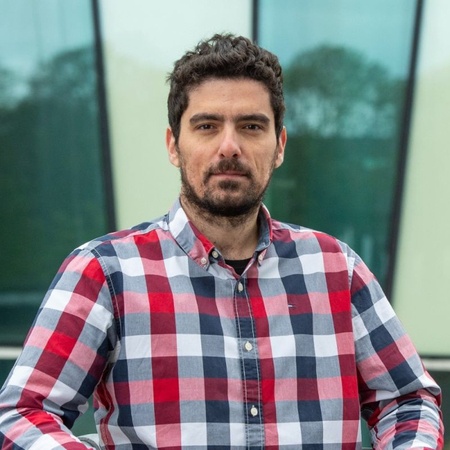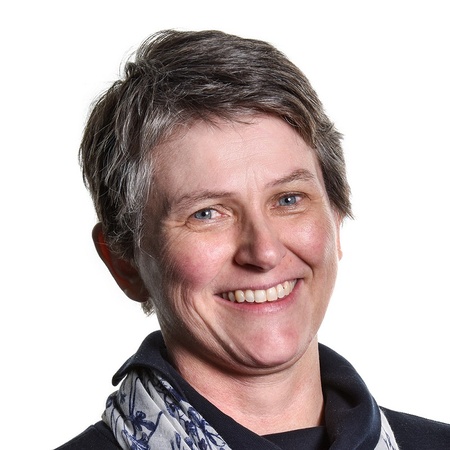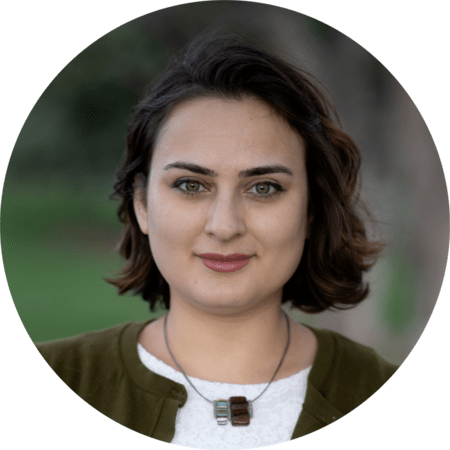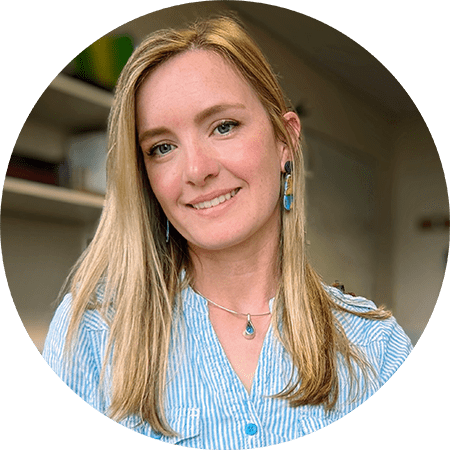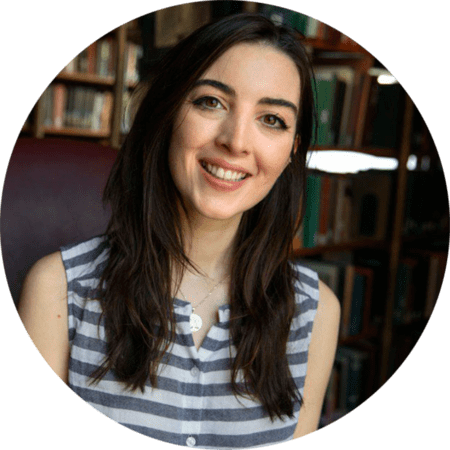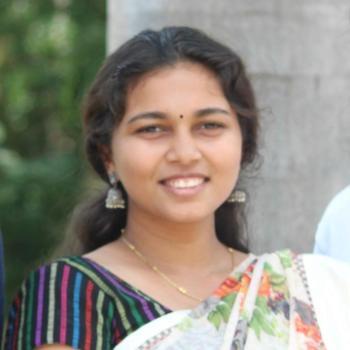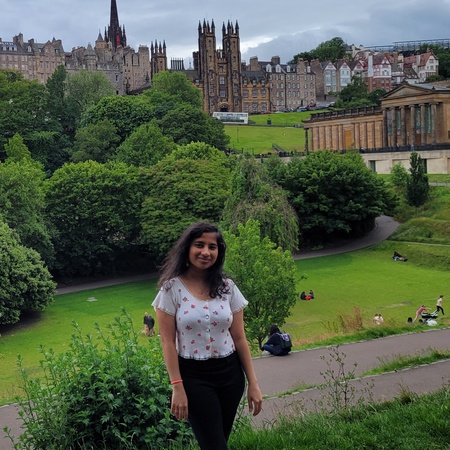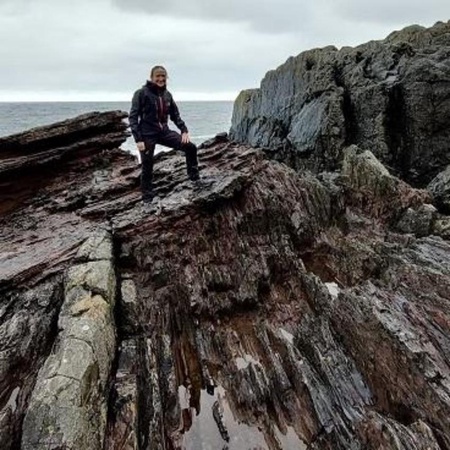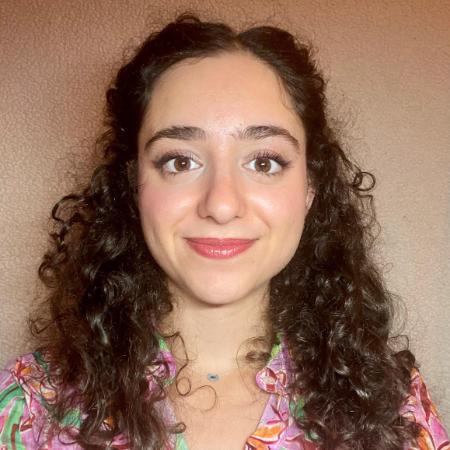Our research is where great minds work together. It is challenge-led and impactful, and often requires an interdisciplinary approach to address the great research challenges of our age: energy transition, social inclusion and cultural diversity, data and artificial intelligence, environment and biodiversity, and health, nutrition and wellbeing. By working across boundaries and sharing ideas and approaches, we have the expertise to face these challenges for the benefit of our region and wider society.
The Interdisciplinary Institute has been established to provide a unified forum to encourage, catalyse, and co-ordinate the University's interdisciplinary research and education initiatives. It also facilitates connections with external partners in policy, industry, and the third sector, thereby enhancing the societal impact of our research and innovation efforts.
The University of Aberdeen recognises the very generous support of alumni and friends in establishing the Interdisciplinary Institute including Dr Jane Hellman Caseley (MBChB 1956), Professor Patrick Meares (DSc 1959), Nancy Miller (MA 1942), Norman Robertson, Dr Ian Slessor (MBChB 1956), Anne Young (MA 1957).
Our interdisciplinary challenges
Our interdisciplinary challenges represent research areas of historic and emerging excellence that are capable of supporting a diverse research portfolio and delivering globally excellent and measurable benefits to society, the economy and health. Explore how we are working towards a brighter future, while actively supporting the UN's Sustainable Development Goals.
Interdisciplinary Institute Directors
Our Interdisciplinary Directors are recognised global leaders in their fields, who have been appointed to catalyse new research and education initiatives related to five global interdisciplinary challenges. Working with colleagues across the University and drawing on both theoretical and applied knowledge, they facilitate academics to work across disciplinary boundaries and with external partners to provide solutions to complex problems.
- Lesley Anderson - Interdisciplinary Institute Director, Health, Nutrition and Wellbeing
-

Lesley Anderson is a prominent health data scientist and public health researcher at the University of Aberdeen, often describing herself as a "disease detective", with a deep focus on cancer research. With over 24 years of experience, her work transcends traditional disciplinary boundaries, fostering collaboration across diverse fields to improve health and advance healthcare delivery.
Lesley completed her PhD in cancer epidemiology at Queen's University Belfast in 2004, following an undergraduate degree in Biomedical Science. She furthered her education with a Master's in Population Health-Based Evidence from the University of Manchester, acquired through distance learning. She joined the University of Aberdeen in March 2020 and was previously Deputy Director of the Northern Ireland Cancer Registry leading the production of national statistics on cancer incidence, prevalence and survival.
Her leadership in interdisciplinary projects is exemplified by her former role as the Grampian Academic Lead for iCAIRD, a £25 million research program that integrated AI with digital diagnostics. This initiative united 40 academic, NHS, and industry partners across fields such as medical imaging, AI development, healthcare and data science propelling innovations in healthcare. iCAIRD won 7 national awards highlighting data driven innovation and innovation collaboration. Her most impactful work has been in AI evaluation in breast screening, demonstrating her commitment to improving clinical care through advanced health data science. Lesley is also leading the world's largest case-control study of a rare group of blood cancers called myeloproliferative neoplasms. The MOSAICC study is recruiting patients from clinical sites across the UK and Ireland to investigate potential lifestyle, medical, environmental and genetic causes.
- David Burslem - Interdisciplinary Institute Director, Environment and Biodiversity
-
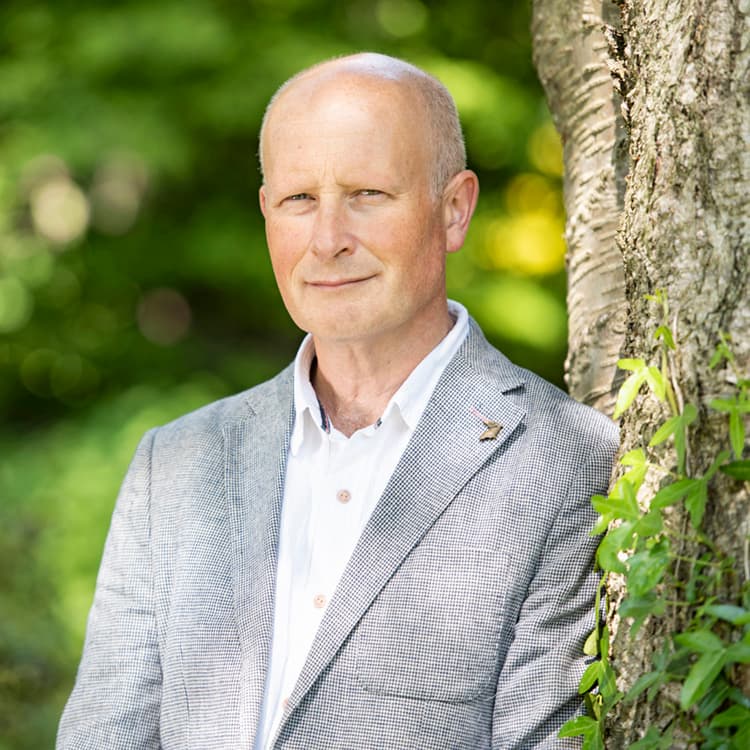
David's research has focussed on the generation and maintenance of biodiversity in ecological communities, ranging from fundamental studies of tropical plant evolution to analyses that generate the evidence base for interventions in species conservation and ecosystem management. Most of his research has been conducted within an inter-disciplinary framework that involves collaborations with partners in government, non-governmental organisations, and industry. Recent highlights include high-profile research demonstrating the importance of active interventions to restore tropical forests as reservoirs of carbon, and biodiversity studies contributing to the formal protection of more than 300,000 hectares of forest in Borneo. David's research group has been funded continuously by UK research councils, European Union, charitable trusts and industrial partners for more than 25 years.
“The inter-related crises of biodiversity loss and climate change threaten planetary life-support systems, including the capacity of environments to deliver safe and affordable amounts of food, clean air and space for people and nature to coexist.”
“The solutions to these problems will require research across traditional disciplinary boundaries, and active engagement between academic communities and external partners to their real-world applicability.”
“The University of Aberdeen has a long track-record of world-leading research on biodiversity and environmental sustainability, which is reflected in the commitments to the UN Sustainable Development Goals that are embedded in Aberdeen 2040.”
“I am delighted to be working alongside colleagues at the University and our external partners to facilitate the coordination and expansion of our interdisciplinary teaching and research on environment and biodiversity.”
- Georgios Leontidis - Interdisciplinary Institute Director, Data and Artificial Intelligence
-
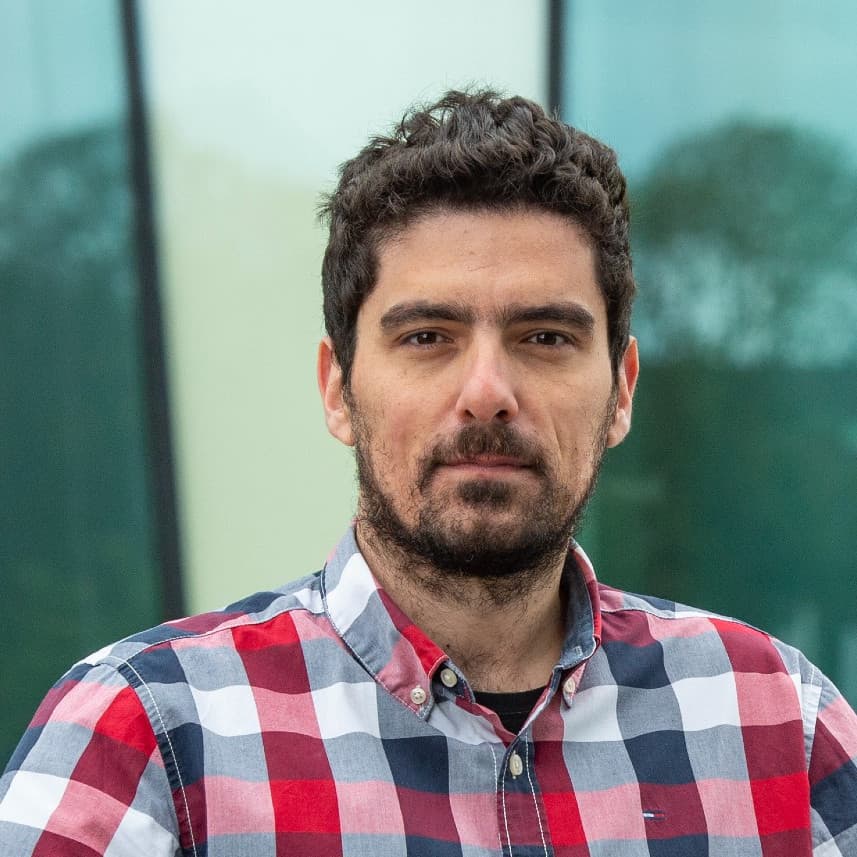
Georgios has been conducting world-leading activity on foundational elements of Machine Learning for more than a decade, being active in the international community both as an author and senior programme committee for flagship AI venues including NeurIPS, AAAI and IJCAI. Alongside his core discipline research activities on deep learning, capsule neural networks, domain adaptation, and self-supervised learning, Georgios has been conducting cutting-edge research across several interdisciplinary applications, such as agri-food on soft-fruit yield forecasting, data sharing, and supply chain optimisation, nuclear reactor perturbation analysis and anomaly detection, gas turbine availability, medical image analysis, intelligent refrigeration systems optimisation, environmental data imputation, computer vision, etc, all of which have received funding from several sources including EPSRC, NERC, EU-FP7, EU-H2020, Innovate UK, and industry.
A member of the Full Peer Review College of EPSRC, and a Panel College member of the UKRI Future Leaders Fellow, Georgios was invited and participated in AI workshops organised by UKRI as part of its AI review exercise and was a member of the UK AI council's data sharing working group. He recently co-organised with SICSA a pan-Scotland AI all-hands event and has been supporting several aspects of the development of Scotland's AI playbook. He is currently a Senior Expert with the NERC Constructing a Digital Environment Expert Network and his recent TEDx talk focused on how Data & AI can help our sustainable future.
“Data and Artificial Intelligence (AI) technologies are uniquely placed to provide solutions to complex societal challenges requiring interdisciplinary approaches spanning multiple disciplines - from computer science and engineering, to social sciences, psychology, business, healthcare and education.
“Developing well-performing, fair, trustworthy and cyber-secure AI systems with a proper governance structure and a suitable policy framework, while dealing with vast amount of multimodal data, remains an open and multi-faceted challenge that is highly underestimated.
“Through its Aberdeen 2040 strategy, the University is well placed to use its remarkable amount of academic expertise working across various areas of AI to play a major role in responding to societal challenges with effective solutions, and to supporting national AI strategies.
“Establishing the University as a world-leading Data & AI research and innovation hub requires a collective, transparent and participatory approach, and my main priority is to create a vibrant and supportive environment for active interdisciplinary research. I would encourage both academic and professional services staff at the University to actively engage in our activities.”
- Rachel Shanks - Interdisciplinary Institute Director, Social Inclusion and Cultural Diversity
-
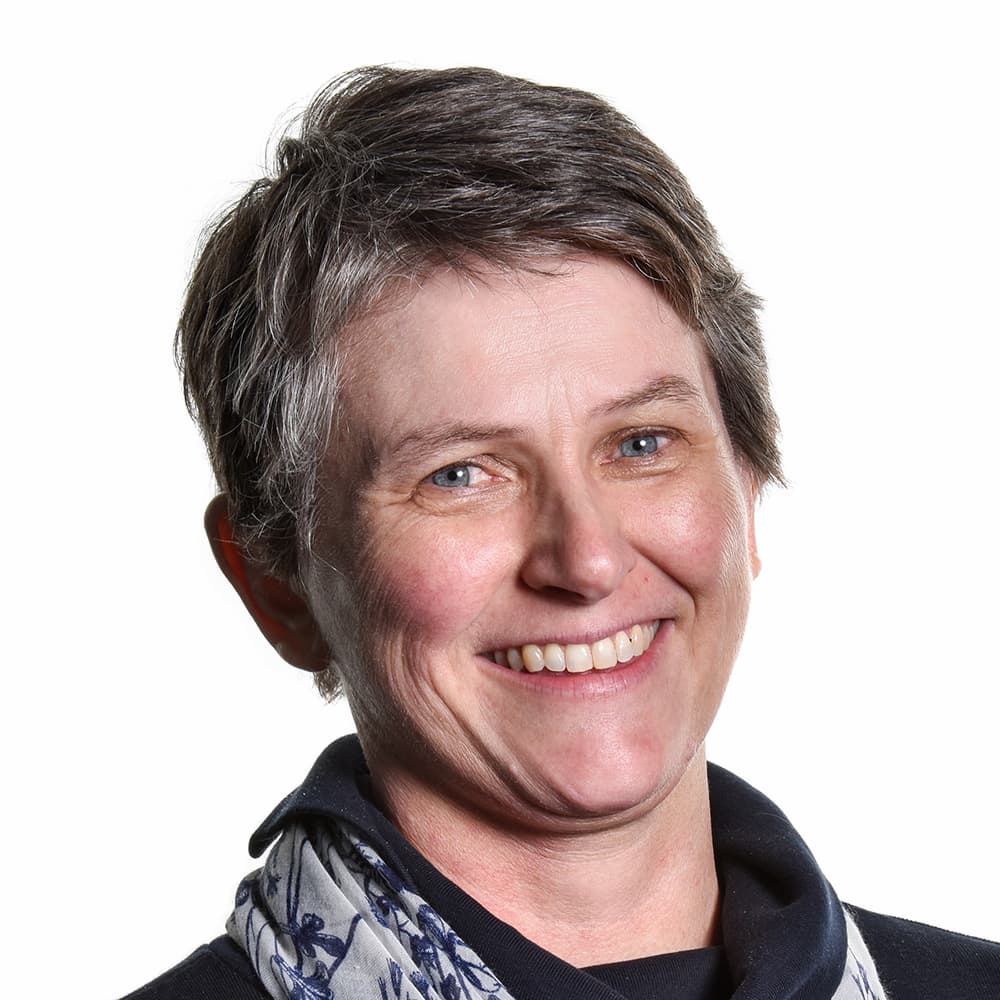
Rachel Shanks has a background in law and education. She has an LL.B. and M.A. in Legal Studies from the University of Leeds. She was a law lecturer and has had various roles in advice and community work as well as having worked in the trade union movement. Her research currently focuses on the social issues and regulation around school uniform and clothing in the UK. She is also part of a National Institute for Health and Social Care Research funded study on mindfulness teaching for mental health and wellbeing in sub-Saharan Africa. She is an editor of the interdisciplinary journal Human Rights Education Review and was previously an Associate Director of the Scottish Graduate School of Social Science with responsibility for its postdoctoral fellowship scheme and two challenge-led pathways.
She joined the University of Aberdeen in 2006 working in the Centre for Lifelong Learning with school pupils and teachers. She did a PhD with the research project 'Scottish Teachers for a New Era' funded by the Hunter Foundation, the Scottish Government and the University of Aberdeen. She researched teacher induction and mentoring and was based in the School of Education until being appointed as Interdisciplinary Director for Social Inclusion and Cultural Diversity in 2024.
Rachel's research on school uniform was a catalyst for the first guidance on school uniform and clothing in Scotland which was published in September 2024.
“A holistic approach to school uniform can make it affordable, comfortable and sustainable. School clothing can be made more affordable by suggesting generic rather than branded school-specific items. Policy making around school uniform and PE kit can incorporate children and young people's rights such as the right to be involved in decisions which affect them as well as the right not to be discriminated against. Uniform can be an example of more sustainable clothing with reuse and recyclability emphasised.”
- John Underhill - Interdisciplinary Institute Director, Centre for Energy Transition
-

He has been the recipient of numerous awards including the Geological Society's Lyell Medal Silver Medal of the Geological Society's Energy Group, the Clough Medal of the Edinburgh Geological Society, and European Association of Geoscientists and Engineers (EAGE) Alfred Wegener and Distinguished Lecturer Awards and the American Association of Petroleum Geologists (AAPG) George C. Matson, Grover E. Murray Distinguished Educator, and Ziad Beydoun awards.
He was President of the European Association of Geoscientists & Engineers (EAGE) in 2011-12. John has previously held professorial posts at The University of Edinburgh and Heriot Watt University, where he was their Chief Scientist. John was also a member of the UK Energy Minister's Technology Leadership Board (TLB) and currently populates the UK Exploration Task Force (XTF) and the Scottish Government's Science Advisory Council (SSAC).
Away from academic life, John was a professional football referee on the FIFA circuit, which saw him officiate on European Champions League, internationals and Scottish Premier League games including those at Pittodrie, between 1994-2008.
“The Energy Transition is one of the most significant global challenges that we face. Put simply, how do we ensure the lights remain on, domestic energy supplies continue, and heating needs are met whilst simultaneously decarbonising industry, transport and other sectors?
“It is a privilege to lead the Interdisciplinary Centre for Energy Transition and its efforts to address, critically evaluate and seek the right solutions that ensure we retain energy supply as we decarbonise.
“I see the Centre being a catalyst for change whereby the University can draw and build upon its expertise, collaborate across the research and training landscape and partner with Industry, Government and other stakeholders in the local, national and international communities.
“Having been pivotal for the energy industry and wealth creation and quality of life that the UK has enjoyed over the past half century, the city of Aberdeen and greater north east region is uniquely placed to help shape and deliver the transition that it is required.
“I am absolutely delighted to take on this leadership role at such an esteemed University, and look forward to working towards the goal of a just, fair and affordable transition that protects jobs and livelihoods on the journey to meet net zero emission targets.”
Research Development Support
Working closely with the Interdisciplinary Directors, Emma Morrison (Interdisciplinary Research Development Executive) works with academics across all Schools to identify funding opportunities, assist in the development of research grant proposals and other aspects of bid development support and stakeholder engagement to develop our interdisciplinary research portfolio. Alice Toulson (Interdisciplinary Research Administrator) provides administrative support to the Interdisciplinary Challenge Areas, including supporting the co-ordination of events and activities aimed at promoting the development of interdisciplinary networks.
Interdisciplinary Fellows
The University has appointed Interdisciplinary Fellows to drive forward our ambition to tackle some of the most pressing issues facing society by working collaboratively across scientific boundaries in support of our five Interdisciplinary challenge areas - urgent and wide-ranging problems requiring complex solutions that draw on both theoretical and applied knowledge and which speak directly to our region, our society and our century.
Interdisciplinary PhD Students
Our interdisciplinary postgraduate research students join a cohort of fourteen Interdisciplinary Fellows, and benefit from a range of challenge-led activities and cross-discipline interactions, providing students with unique opportunities to develop their skills and interdisciplinary thinking. Our interdisciplinary research themes allow for an integration of both theoretical and applied projects capable of addressing the most significant global challenges.
Crombie Halls Interdisciplinary Hub
Aligned with our Aberdeen 2040 commitments, we are continuing to develop our digital systems and enhance our buildings to create virtual and physical spaces that enable interdisciplinary exchange and innovation. The Interdisciplinary Institute in Crombie Halls offers dedicated breakout spaces and meeting facilities designed to support interdisciplinary collaboration.


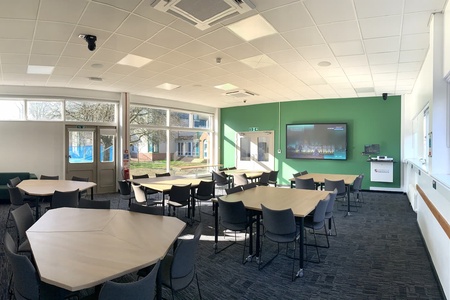
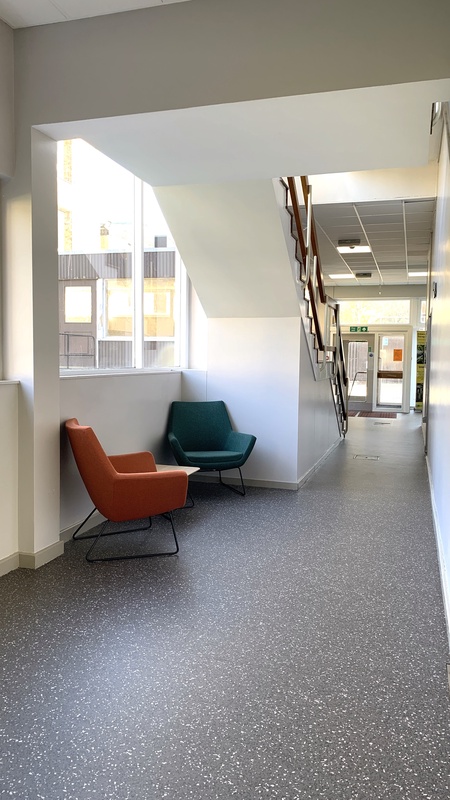
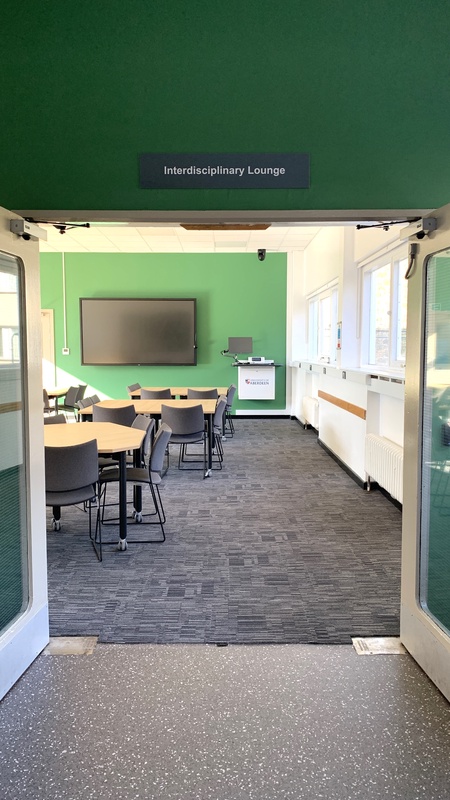

- News
- Current and Upcoming Events
-
There are currently no upcoming events.
Subscribe to our RSS feed to stay up-to-date with upcoming events.






